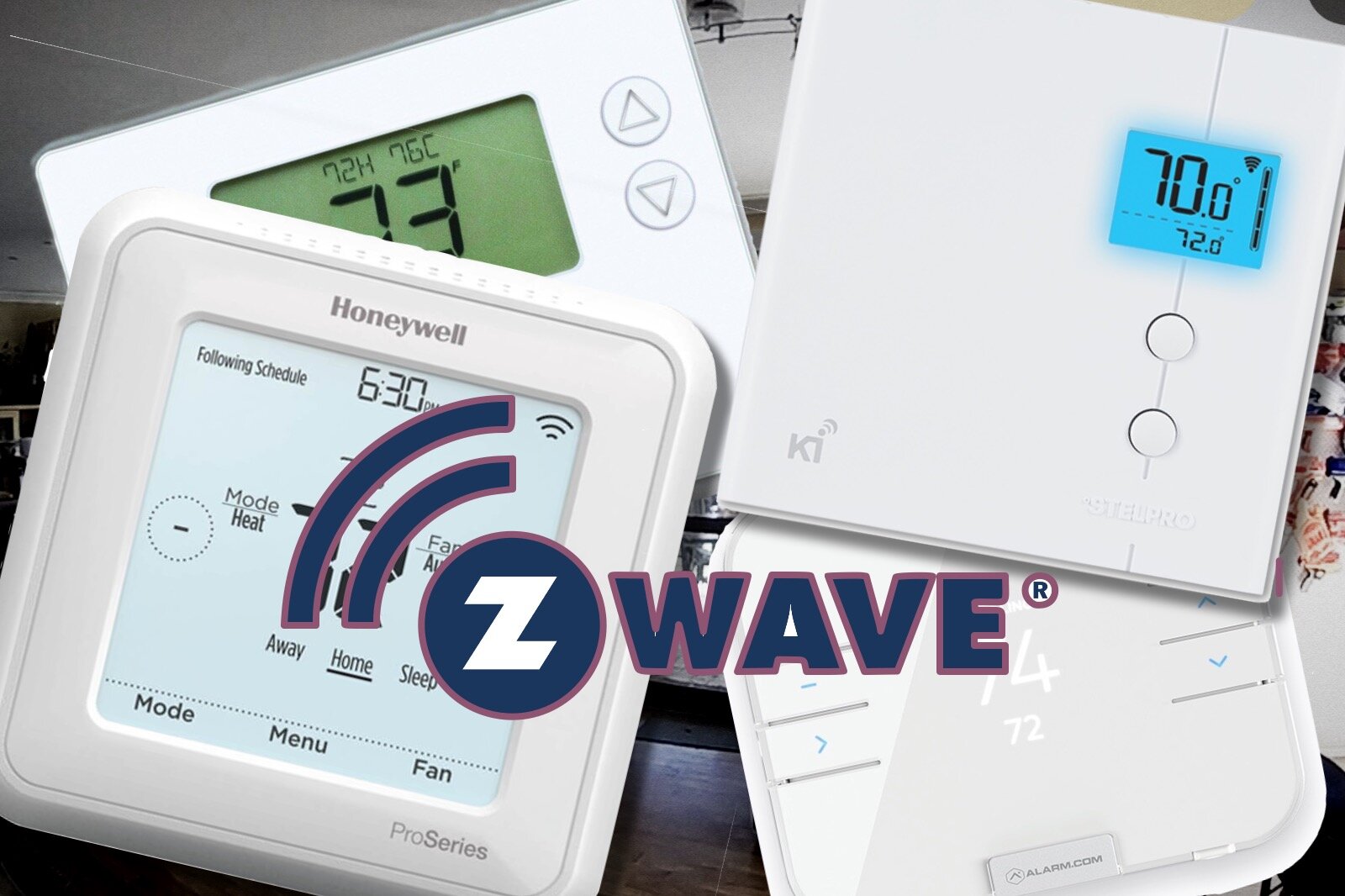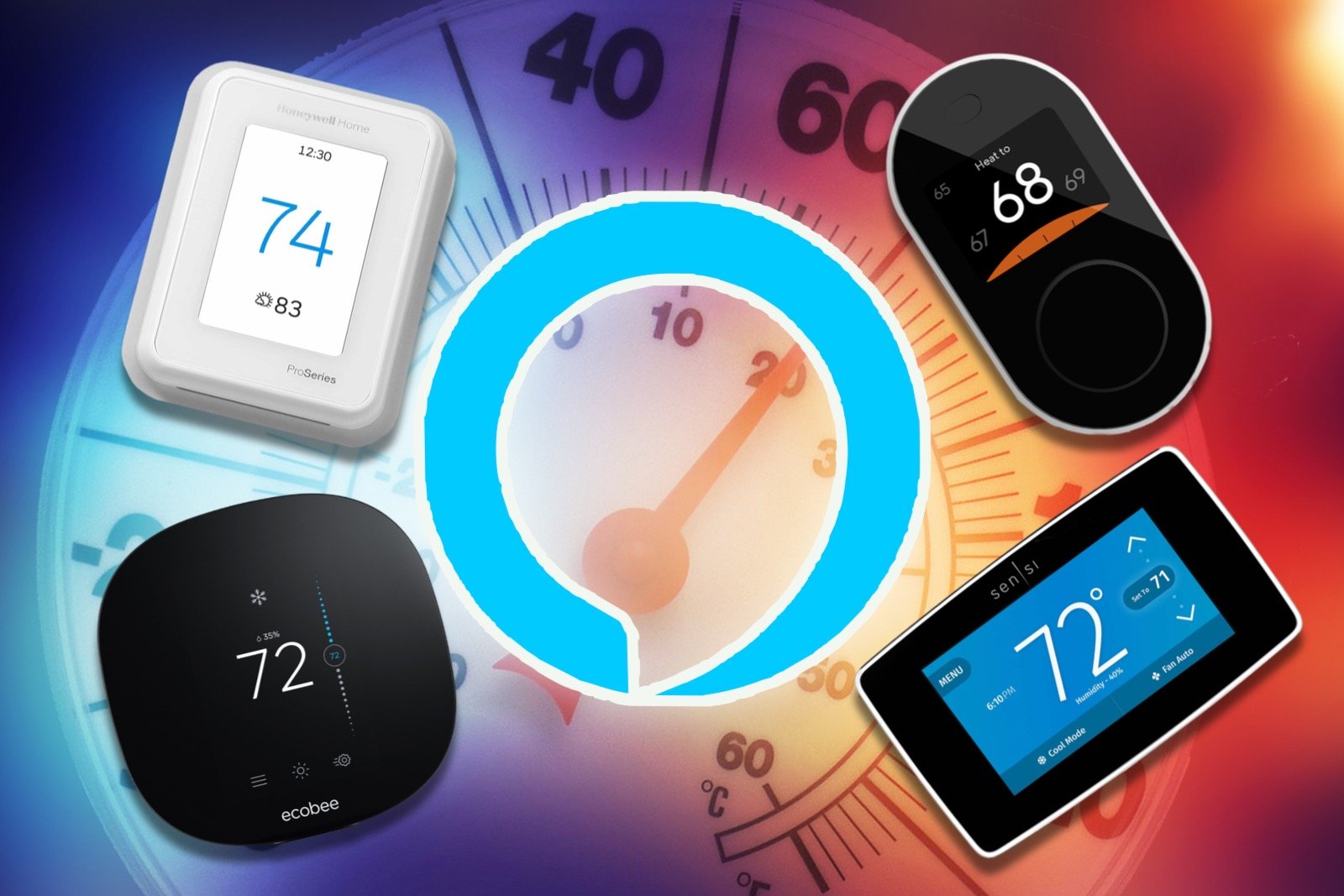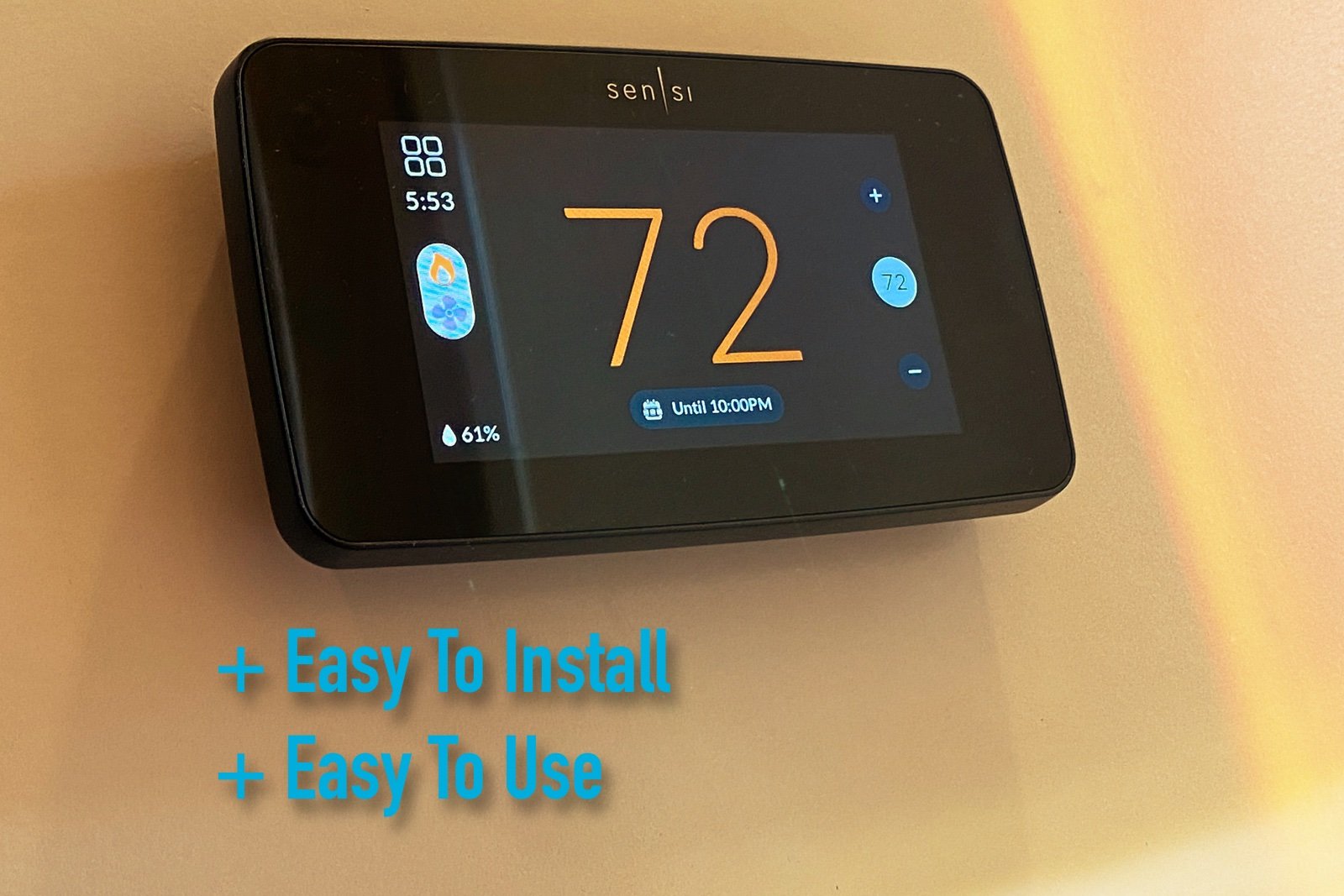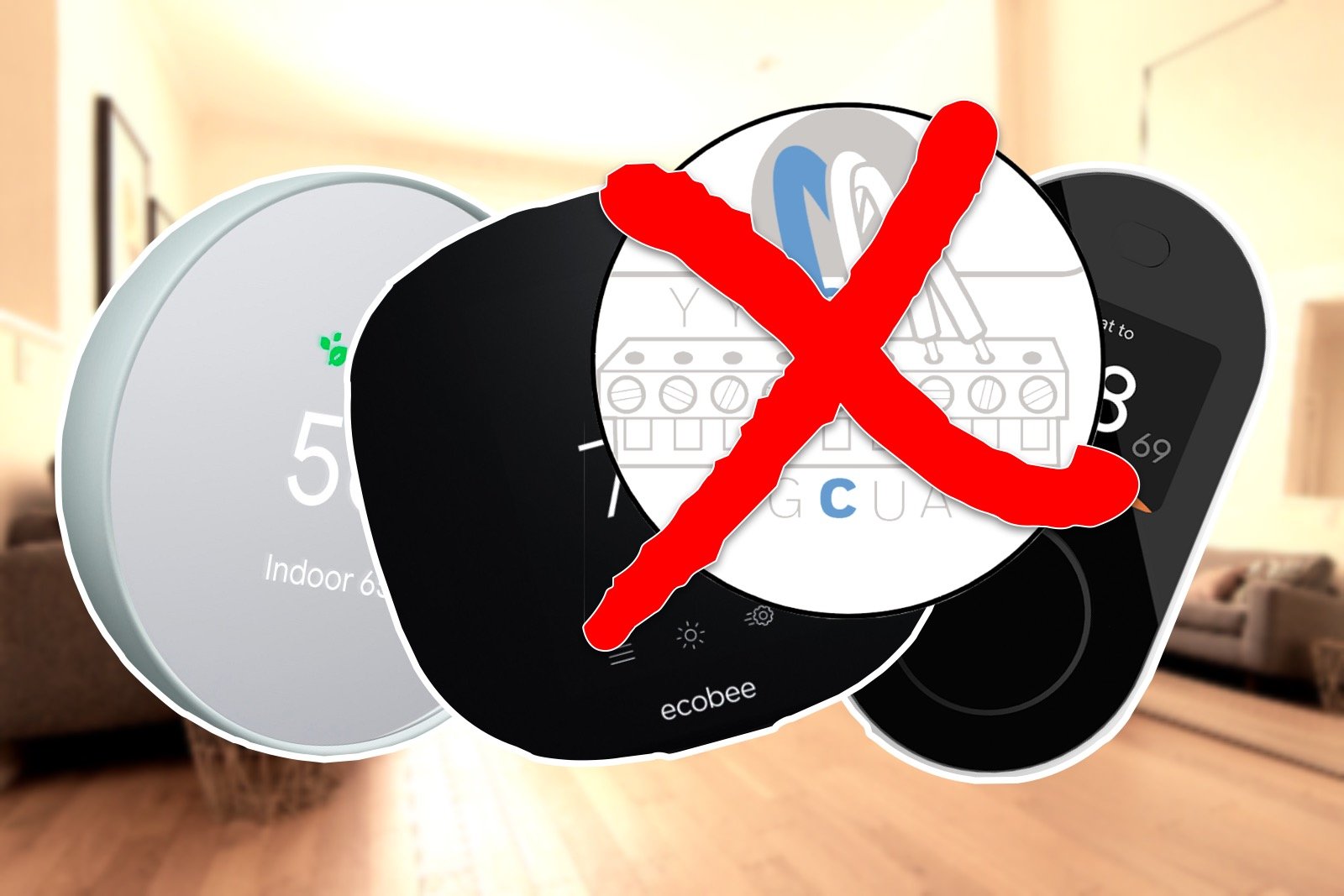Why is My Air Conditioner Not Cooling Properly?
We've all been there – it's a scorching summer day, and you turn on your trusty air conditioner, only to find it's not doing its job correctly. You're left wondering, "Why is my air conditioner not cooling properly?" In this article, we'll delve into the common issues that can cause your AC to underperform and provide solutions to help you beat the heat.
Air conditioning is a lifesaver during hot weather, providing comfort and relief from sweltering temperatures. When your AC isn't working as it should, it can lead to discomfort, frustration, and even potential health issues due to overheating. That's why it's essential to understand the reasons behind improper cooling and take steps to address them promptly.
Reason Why Air Conditioners are Not Cooling
Dirty Air Filters
Dirty air filters are the most common culprits behind an underperforming air conditioner. Over time, air filters become clogged with dust, debris, and allergens, restricting the airflow and reducing the cooling efficiency of your AC unit. It can lead to uneven cooling and increased energy consumption.
Refrigerant Issues
Refrigerant plays a crucial role in the cooling process of your air conditioner. It absorbs heat from your indoor air, making it relaxed and comfortable. However, low refrigerant levels can hinder this process, causing your AC to struggle to cool effectively.
Signs of refrigerant problems include:
Warm Air: If your AC blows warm or room-temperature air instead of cool air, it may indicate a refrigerant issue.
Hissing Sounds: A hissing or bubbling sound from the AC unit can suggest a refrigerant leak.
Ice Buildup: Refrigerant problems can lead to ice formation on the evaporator coils or refrigerant lines.
Addressing refrigerant issues requires professional intervention. DIY attempts can be dangerous and may void your warranty. A qualified HVAC technician can locate and repair any leaks test and recharge the refrigerant, ensuring your AC cools efficiently once again.
Insufficient Maintenance
Proper air conditioner maintenance is the key to keeping it running smoothly. Unfortunately, many homeowners overlook this essential aspect of AC ownership. Neglecting maintenance tasks can lead to reduced cooling efficiency and costly repairs.
A blocked inlet filter can severely restrict you AC efficiency
Here's a checklist of maintenance tasks homeowners can perform:
Cleaning: Regularly clean the outdoor condenser unit to remove dirt and debris. Trim any vegetation around it to ensure adequate airflow.
Check Air Filters: As mentioned earlier, regularly check and replace air filters. This simple task can make a significant difference in cooling efficiency.
Inspect Ductwork: Examine your ductwork for leaks, gaps, or damage. Seal any leaks with duct tape or mastic sealant to prevent cooled air from escaping.
Thermostat Calibration: Calibrate your thermostat correctly, and if it's outdated or malfunctioning, consider upgrading to a programmable thermostat for better temperature control.
Clear Obstructions: Make sure there are no obstructions around the supply and return vents inside your home. Furniture or curtains blocking vents can disrupt airflow.
Professional Tune-Up: Schedule an annual professional aircon servicing. HVAC technicians can thoroughly inspect, clean coils, lubricate moving parts, and identify potential issues before they become significant problems.
Regularly performing these maintenance tasks and investing in professional tune-ups can keep your air conditioner in top shape and prevent cooling problems.
Thermostat Problems
Your thermostat serves as the control centre for your air conditioning system. If it's not functioning correctly, it can lead to improper cooling. Common thermostat issues include inaccurate temperature readings, incorrect settings, or a malfunctioning display.
Ductwork Leaks
Leaky ductwork can waste cooled air and reduce the efficiency of your air conditioner. When cool air escapes from gaps or cracks in your ducts, it doesn't reach the intended rooms, resulting in uneven cooling and increased energy bills.
Condenser Unit Problems
The condenser unit outside your home is critical in the cooling process. It can hinder your AC's ability to cool effectively if it encounters issues.
Standard condenser unit problems include:
Obstructions: Ensure the condenser unit is free of debris, vegetation, and obstacles that can restrict airflow. Regularly clean the area around it.
Dirty Coils: The condenser coils can become dirty or clogged over time. Cleaning them with a coil cleaner or scheduling professional maintenance can resolve this issue.
Fan Problems: Check that the condenser fan is spinning correctly. A malfunctioning fan can lead to overheating and reduced cooling efficiency.
Refrigerant Leaks: As mentioned earlier, refrigerant leaks can occur in the condenser unit. If you suspect a leak, seek professional assistance.
Addressing condenser unit problems promptly can restore efficient cooling and prevent further damage to your AC system.
Airflow Restrictions
Adequate airflow is crucial for efficient cooling. When airflow is restricted, your air conditioner has to work harder to achieve the desired temperature, which can lead to reduced cooling performance and higher energy consumption.
To improve airflow and cooling efficiency:
Check Vents and Registers: Ensure that furniture, curtains, or other obstructions do not block vents and registers. Clear any obstacles that hinder airflow.
Clean Vents and Ducts: Regularly clean vents and ducts to remove dust and debris that can accumulate over time.
Adjust Blower Speed: If your air handler allows it, adjust the blower speed to match the cooling needs of your home. During hot weather, people typically use higher rates for better cooling.
Consider Adding Fans: Ceiling or portable fans can help distribute cool air more effectively throughout your home, reducing the strain on your AC.
Improving airflow is a simple yet effective way to enhance the cooling performance of your air conditioner.
Electrical or Wiring Issues
Electrical problems within your air conditioning system can result in improper cooling and potential safety hazards. If you suspect electrical issues, it's essential to address them promptly.
Common electrical problems include:
Tripped Circuit Breaker: A tripped circuit breaker can disrupt power to your AC unit. Check your electrical panel and reset any tripped breakers.
Faulty Wiring: Inspect the wiring connecting your AC unit to the electrical supply. Look for signs of damage, corrosion, or loose connections.
Compressor Issues: Problems with the compressor, such as overheating or electrical faults, can lead to cooling problems. Consult a professional for compressor-related issues.
Safety Precautions: Electrical work can be dangerous. If you need clarification on any electrical components or connections, it's best to consult a qualified electrician or HVAC technician.
Addressing electrical or wiring issues promptly ensures your AC functions safely and efficiently.
Take Action Now!
In conclusion, if you ask, "Why is my air conditioner not cooling properly?" there are several potential culprits to consider. Proper cooling is essential for comfort, especially during hot weather, and addressing these issues promptly can make a significant difference.
From dirty air filters to refrigerant problems, thermostat issues, and ductwork leaks, understanding the root causes of cooling problems is the first step to finding a solution. Regular maintenance, troubleshooting, and professional assistance can help you enjoy consistent and efficient cooling from your air conditioner. If you want help with your air conditioning installation, you can contact a professional electrician for safety and accuracy.
Don't let improper cooling disrupt your comfort and well-being. Take action to diagnose and resolve AC issues, and ensure your air conditioner operates at its best to keep you cool and comfortable when needed.












